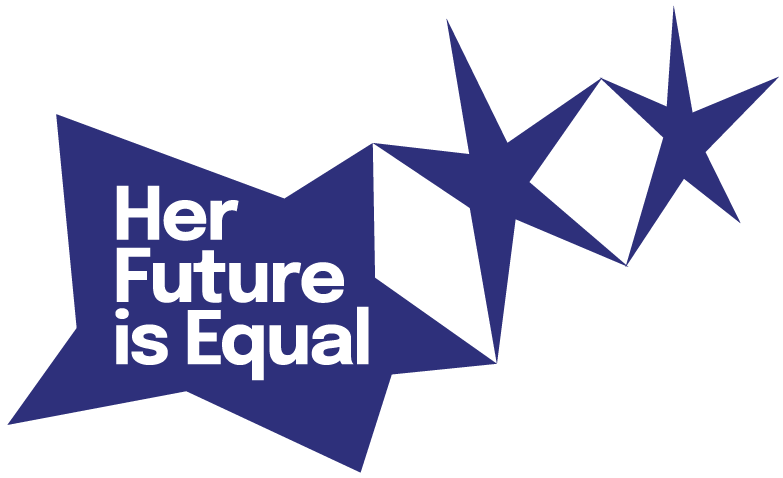
Victory at the European Parliament - MEPs support survivors of prostitution as they voted in favour abolitionist measures
[14 September 2023, Strasbourg] After months of discussion on the Regulation of prostitution in the EU: its cross-border implications and impact on gender equality and women’s rights drafted by S&D MEP Maria Noichl, MEPs agreed on defining prostitution as a form of violence and on the need to support survivors with support and exit programmes. Through this report, the European Parliament reaffirms its abolitionist stance and sends a strong signal for the protection of women in Europe, who account for 90% of persons in prostitution and 87% of victims of trafficking of human beings for sexual exploitation purposes.
The report drafted by MEP Maria Noichl encourages Member States to adopt an abolitionist perspective based on reducing demand, giving access to support and exit programmes to persons in prostitution, decriminalising them and criminalising the so-called “sex-buyers” and third parties.
“By recognising prostitution as an inherently violent system and encouraging Member States to adopt measures from the Equality Model, the EU Parliament sends a strong message: decriminalising persons in prostitution, providing them with support, exit pathways and tackling the demand and pimping is the way forward. In countries like Sweden, Ireland and France where this legislation has been adopted, it led to positive results in challenging societies’ perceptions on the commodification of women’s bodies, victims’ rights and accountability for perpetrators. We welcome this landmark report which is a victory for women’s rights in the EU” commented Héma Sibi, Coordinator for EU Advocacy at CAP International.
Indeed, the report particularly insists on the importance of guaranteeing health, social, educational and economic support to persons in prostitution as poverty and social exclusion are the foundation of this form of sexual exploitation. In addition, it calls on Member States to criminalise the purchase of sexual acts and the exploitation of prostitution of others (ie pimping).
“It is also about putting the burden of stigmatisation and shame on the so-called “sex buyer” instead of on the person in prostitution: sex buyers need to know that freely given consent cannot be bought. This report is one step closer to achieving a Europe free from prostitution where meaningful consent matters and sexual violence and exploitation can no longer be bought or profited from” added Hannah Manzur, Coordinator of the Brussels’ Call.
Representing up to 80% of persons in prostitution in European countries, this vote is also crucial for migrant women and girls as explained Anna Zobnina, Director of the European Network of Migrant Women (ENoMW): “This resolution is of tremendous importance for migrant and refugee women who make up the majority of victims in the European sex trade and are primary targets of pimps. In the context of inhumane border control policies, violence faced by women on the move, severe restrictions on migrant women’s access to documented status, justice, health and employment in Europe, this is a truly significant statement from the European parliament that tells migrant and refugee women that our dignity, wellbeing and rights are of equal value as other EU residents”.
Survivors of prostitution also expressed a huge relief when acknowledging the result of the vote:
“As a survivor who now works supporting women in prostitution, this decision is a vital, welcome step towards the abolition of prostitution. Prostitution at its core is violence against women and girls! Prostitution is not about sex - it’s about a man having control over a woman/girl through money to do whatever degrading act he chooses. Thank you for finally listening to survivors!” - Julie Swede, Survivor of Prostitution & UK Representative of Space Intl.
"We need the Equality Model - to protect the most vulnerable members of our European society, to stop the inherent racism, sexism and classism in prostitution to build an equal and fair Europe for all its members. Maria Noichl's report and the recognition of prostitution as a form of violence against women was adopted today in the European Parliament. A big step towards a Europe free of prostitution and for equality for all women in Europe!" - Marie Merklinger, German survivor of prostitution and representative of SOLWODI BW.
"It is with enormous relief that we welcome the vote in favour of the Initiative Report. It's been ten years since we survivors campaigned in favour of the Honeyball Report and while progress has been slower than we would have wanted, it has consistently been moving in the right direction. The voting patterns of the parliamentarians remind us that Europe does not favour prostitution, and that the EU will not be fooled into passing laws that purport to protect women but in reality commodify the most vulnerable among us and protect pimps from the law". - Rachel Moran, Irish survivor of prostitution & Director of Policy and Advocacy at ICOSE.
The Brussels’ Call and its 120+ partner organisations strongly commend MEP Maria Noichl and the European Parliament for standing with survivors against the systemic violence and exploitation of prostitution. MEPs achieved an important stance towards equality between women and men and for the rights of survivors across Europe.



